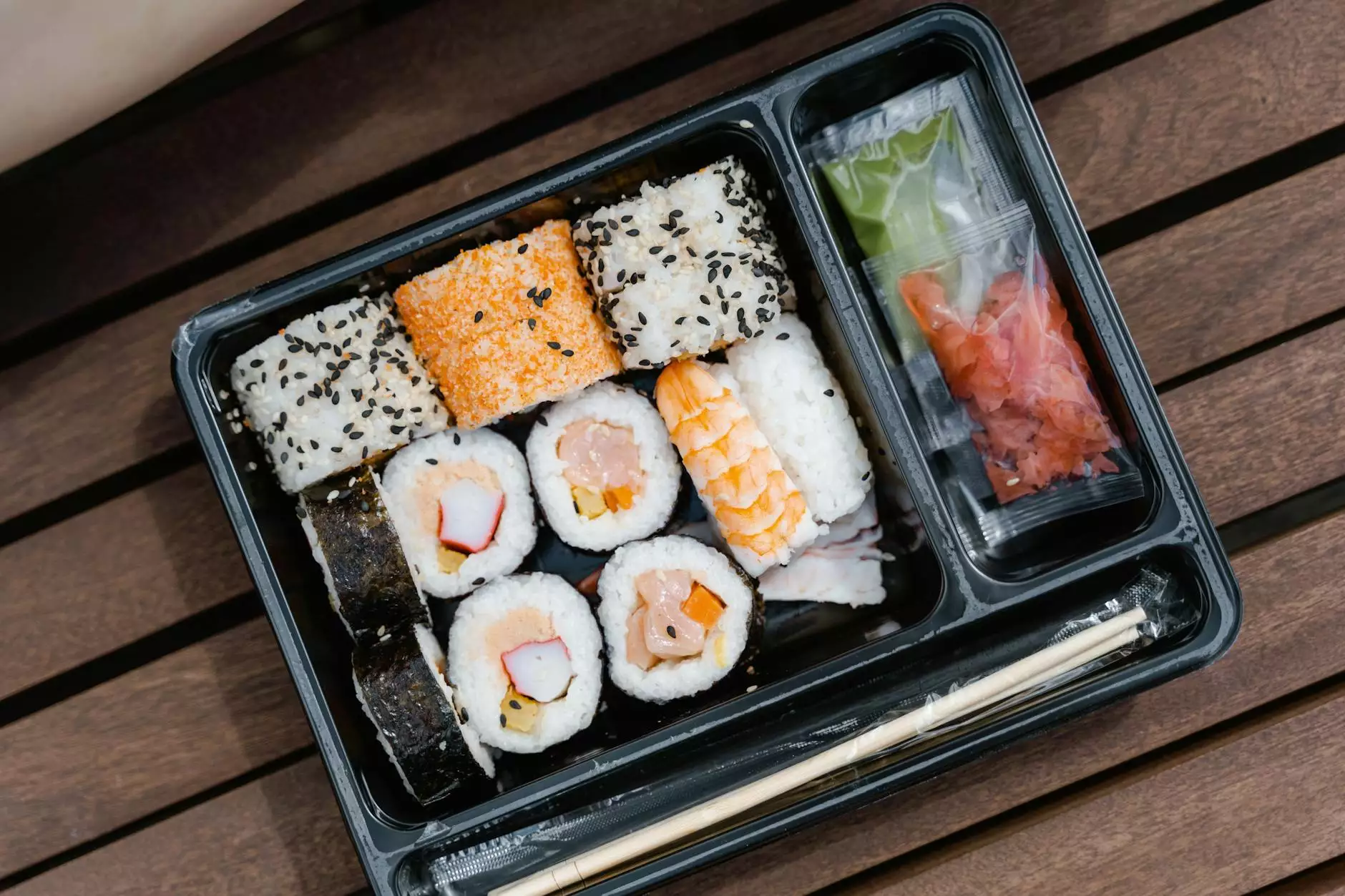Effective Insecticide for Rice Bug: Safeguard Your Crop

Rice cultivation is not just a trade; it is an essential lifeline for millions of people worldwide. However, the challenges faced by rice farmers are significant, with pests being one of the primary threats. Specifically, the rice bug is notorious for damaging crops, leading to reduced yields and substantial financial losses. In this article, we will explore the importance of choosing the right insecticide for rice bug control, its various forms, and effective strategies to maximize its use.
Understanding the Rice Bug: A Farmer's Nightmare
The rice bug, scientifically known as Oryctes rhinoceros, is an insect that primarily feeds on rice plants. Their piercing mouthparts extract sap from the plant, weakening it and making it susceptible to disease. Farmers frequently encounter two main species: the leafhopper and the stink bug. Understanding their life cycle and habits is critical for effective management:
- Life Cycle: Rice bugs undergo several stages: egg, nymph, and adult. Their rapid reproduction can escalate infestations quickly.
- Feeding Habits: These pests typically prefer the soft tissues of young rice plants, leading to stunted growth and diminished productivity.
- Damage Symptoms: Farmers will notice yellowing leaves, wilting plants, and in severe cases, whole patches of rice fields dying off.
The Role of Insecticides in Pest Management
Effective pest management is vital to maintaining healthy rice crops. The use of insecticides can significantly reduce the population of rice bugs. However, care must be taken to choose the right product and use it effectively:
Types of Insecticides for Rice Bug Control
There is a multitude of insecticides available in the market, each with unique properties and efficiencies. Here are some common types:
- Chemical Insecticides: These are synthetic products designed to kill pests quickly. They can be very effective, but they may also have environmental impacts and can affect non-target organisms. Some widely used chemical insecticides include:
- Pyrethroids
- Organophosphates
- Carbamates
- Biological Insecticides: Derived from natural sources, these insecticides target specific pests without harming beneficial insects. Examples include:
- Bacillus thuringiensis (Bt)
- Nematodes
- Insect Growth Regulators (IGRs): These do not kill pests immediately but disrupt their development, preventing them from maturing into reproductive adults, thus reducing pest populations over time.
Selecting the Right Insecticide for Rice Bug Control
Selecting the right insecticide for rice bug management involves understanding the specific pest species, the level of infestation, and the growth stage of the rice plants. Here are some criteria to consider:
- Target Specificity: Choose a product that targets rice bugs while minimizing harm to beneficial insects and pollinators.
- Environmental Impact: Opt for insecticides that pose minimal risks to the environment, water sources, and other wildlife.
- Application Method: Select products that allow for easy application and persistence of the active ingredients.
- Resistance Management: Rotate different classes of insecticides to prevent pest resistance, ensuring lasting control.
Application Techniques for Maximum Effectiveness
To maximize the effectiveness of your chosen insecticide for rice bug control, proper application techniques are crucial. Here are some recommended practices:
1. Timing of Application
The timing of application can significantly influence the effectiveness of your insecticide. Apply during the early stages of infestation or during the adult rice bug emergence for optimal results. Regular monitoring of pest populations can help in determining the right time for application.
2. Correct Dosage
Adhere strictly to the recommended dosage provided by the manufacturer. Overdosing can lead to environmental harm and increase the risk of pest resistance, while underdosing may fail to control the pest effectively.
3. Proper Equipment
Utilize well-calibrated equipment for application. This ensures even distribution of the insecticide and minimizes drift to non-target areas. Sprayers should be properly maintained to achieve desired outcomes.
4. Safety Precautions
Always wear appropriate personal protective equipment (PPE) when handling and applying insecticides. This includes gloves, masks, and protective clothing. Ensure that bystanders, especially children and pets, are kept at a safe distance during application.
Combining Strategies for Effective Pest Management
While insecticide application is crucial, it should not be the sole strategy for managing rice bugs. Consider integrating the following approaches:
- Cultural Practices: Implement crop rotation, proper spacing, and timely planting to reduce pest populations and enhance crop resilience.
- Biological Control: Introduce natural predators or parasites that can help control rice bug populations without the need for chemical interventions.
- Monitoring: Regularly inspect rice fields for signs of infestations and keep accurate records of pest populations to make informed decisions on management strategies.
Conclusion: Invest in the Future of Your Rice Crop
Managing rice bugs is an essential aspect of rice farming that directly influences productivity and income. Investing in the best insecticide for rice bug control, combined with effective application techniques and integrated pest management strategies, will help you safeguard your crops and ensure a successful harvest. By adopting modern practices and staying informed about the latest developments in pest management, farmers can combat the challenges posed by rice bugs and secure a more prosperous farming future.
Contact TSGC Inc. for Expert Guidance
If you are seeking personalized advice or need assistance in selecting the right farming equipment and insecticides, feel free to reach out to TSGC Inc. Our team of experts is here to help you navigate the complexities of pest management and farming equipment repair. Your success is our priority!
© 2023 TSGC Inc. All rights reserved.









